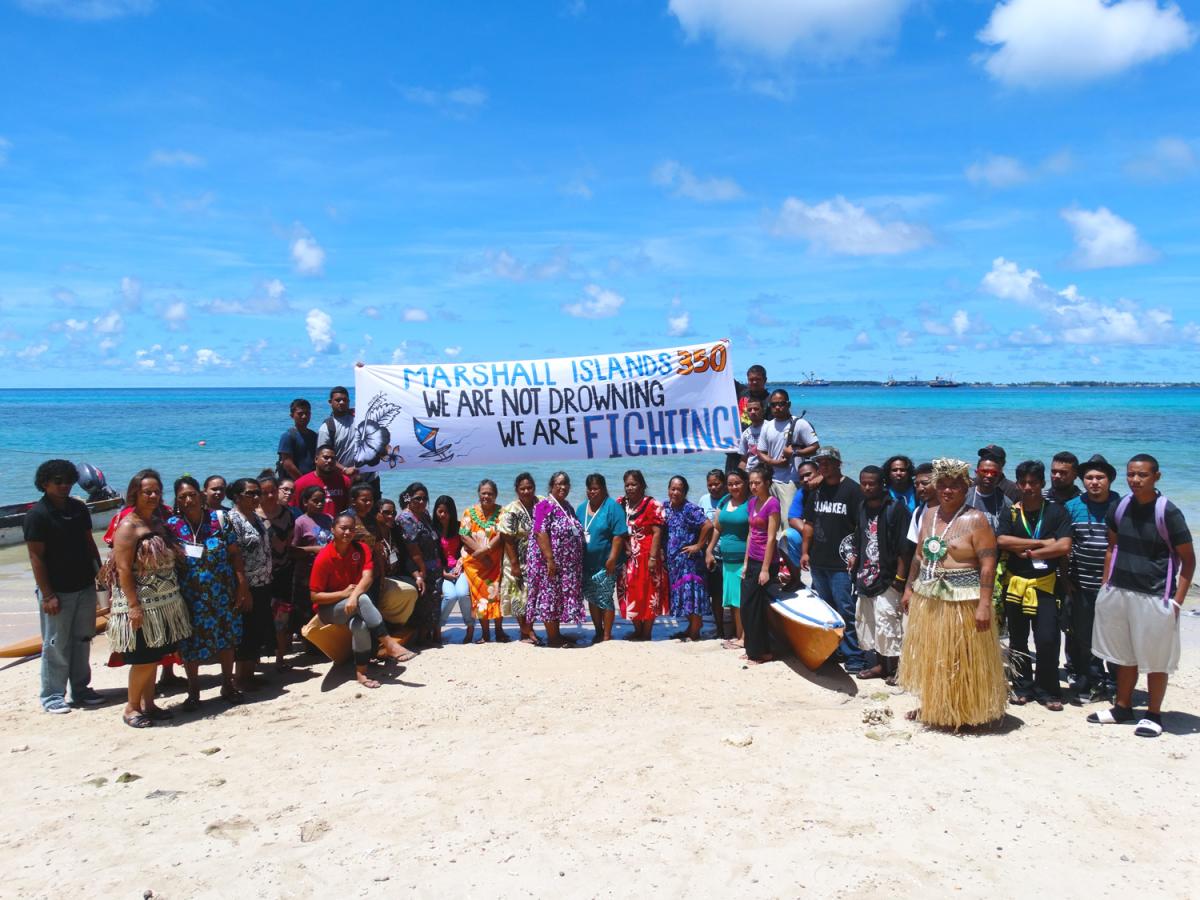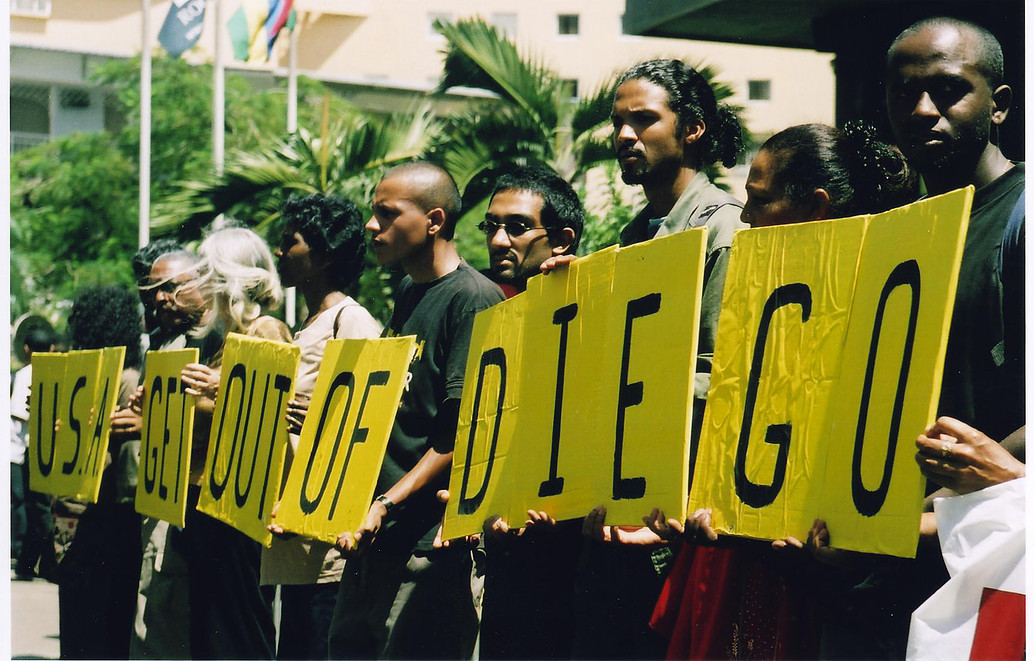Thousands rally in Idlib as Assad offensive looms
In the latest of ongoing weekly demonstrations in Syria’s besieged Idlib province, thousands took to the streets after Friday prayers, calling on the world to act to prevent the impending massacre there. One of the biggest demonstrations was held in the city of Maarat al-Nouman in central Idlib, where some 25,000 gathered for the march called by the civil resistance. “There will be no solution in Syria without Assad’s fall,” read one prominent banner. Russian-led air-strikes have already opened on Idlib ahead of the anticipated offensive by the Assad regime and its allies to take the province, now the last significant area of Syria still controlled by the opposition. Air-strikes last week reportedly destroyed a hospital run by the White Helmets in the town of Hass. The UN has provided Russia with the GPS coordinates of 235 schools, hospitals and other civilian sites in Idlib, in the hope the move will help protect them from being attacked. But Russia and Assad have been repeatedly accused of intentionally bombing hospitals over the course of the Syrian war. (Photo: Freedom)




